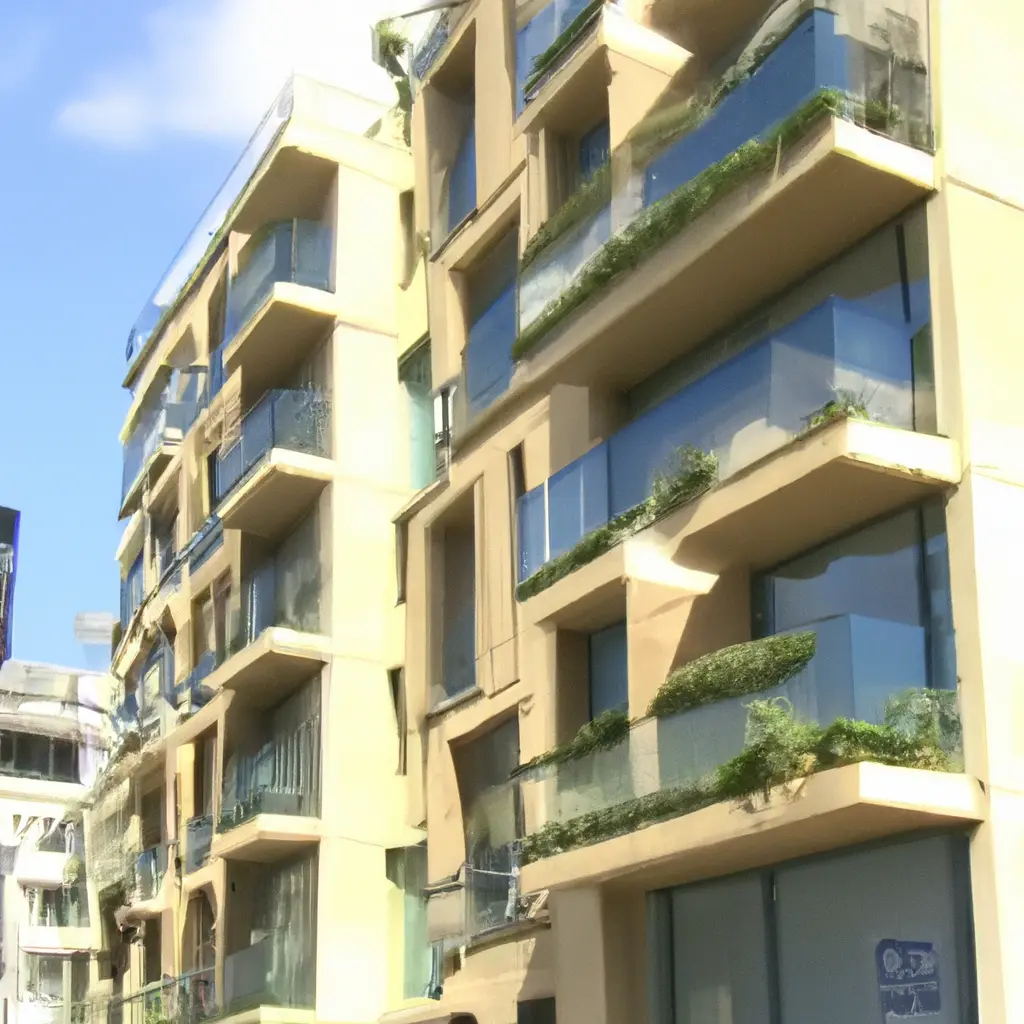The crisis is intensifying! Finding an apartment in Germany is getting harder: rents are rising.


The price decline is easing in Germany's real estate market in the third quarter. On the other hand, apartment rentals are rising, especially in Berlin.
Real estate market dataAccording to the real estate portal ImmoScout24, the sharp downturn in real estate prices seems to be coming to an end. The portal evaluates prices for buying and renting apartments and houses every three months on the basis of advertisements. Demand for residential rentals has increased significantly, according to ImmoScout. "Germany's housing crisis is getting worse. "Demand for existing rental apartments continues to grow and impressively reflects the large shortage of affordable housing," comments Gesa Crockford, director of the ImmoScout24 portal.
Rent growth in different cities
In Cologne and Munich, rental demand rose by 15 percent compared to the second quarter, and in Düsseldorf by 12 percent. However, judging by the number of potential tenants' requests for ads, Berlin remains ahead of the curve. While year-on-year rental growth is slowing, it is still significant. Tenants renting apartments in Germany must now pay 5.1 percent more for existing apartments than they did a year ago and 6.5 percent more for new buildings. In some cities, the situation is much worse. Berlin in particular stands out: in the capital, existing apartments are being offered for 12.6 percent more money than a year ago, while new-builds are being offered for 19.1 percent more.
According to the real estate portal ImmoScout24, the sharp downturn in real estate prices seems to be coming to an end. The portal evaluates prices for buying and renting apartments and houses every three months on the basis of advertisements. Demand for residential rentals has increased significantly, according to ImmoScout. "Germany's housing crisis is getting worse. "Demand for existing rental apartments continues to grow and impressively reflects the large shortage of affordable housing," comments Gesa Crockford, director of the ImmoScout24 portal.
Rent growth in different cities
In Cologne and Munich, rental demand rose by 15 percent compared to the second quarter, and in Düsseldorf by 12 percent. However, judging by the number of potential tenants' requests for ads, Berlin remains ahead of the curve. While year-on-year rental growth is slowing, it is still significant. Tenants renting apartments in Germany must now pay 5.1 percent more for existing apartments than they did a year ago and 6.5 percent more for new buildings. In some cities, the situation is much worse. Berlin in particular stands out: in the capital, existing apartments are being offered for 12.6 percent more money than a year ago, while new-builds are being offered for 19.1 percent more.
1 May 2025
14 May 2025
14 May 2025


The decline in real estate prices
Residential real estate prices are still significantly lower than the same quarter a year ago. According to ImmoScout, prices of existing apartments across Germany fell by more than 4.6 percent compared to new builds (down 2.3 percent). The same is true for houses, with them experiencing less price pressure across the German market. Existing homes are now selling 2.3 percent cheaper than they were a year ago, while new construction prices are virtually unchanged at minus 0.3 percent. However, price declines remain steep in some cities. "ImmoScout24" has identified the biggest price reductions in Cologne. For apartments, the decrease was 8.7 percent, and for homes, the decrease was as much as 10.4 percent compared to the third quarter of 2022. But the year-on-year comparison here masks a short-term trend in rentals: apartments across Germany have already risen in price by 0.3 percent quarter-on-quarter and houses by 0.2 percent (both existing and new-build). The quarter-on-quarter drop in existing apartment prices was up to 6.8 percent in the fourth quarter of 2022 due to a sharp rise in interest rates and a significant increase in the cost of real estate mortgages (Source: Tportal).
Comment
Popular Posts
Popular Offers

Subscribe to the newsletter from Hatamatata.com!
Subscribe to the newsletter from Hatamatata.com!
I agree to the processing of personal data and confidentiality rules of Hatamatata







